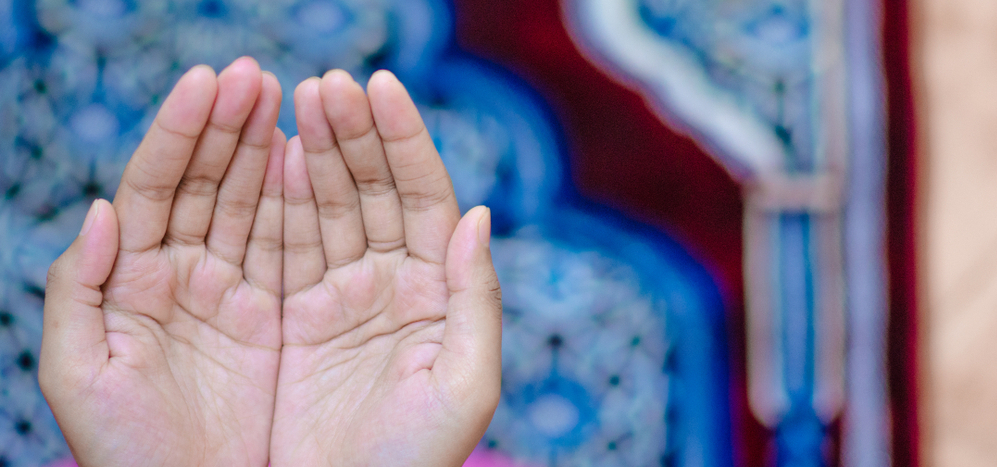Can Duas from Weak Narrations Be Recited?
Hanafi Fiqh
Answered by Shaykh Abdullah Anik Misra
Question
Are adhkaar/duas with weak narrations allowed to be recited? The particular ones I have in mind are mentioned in Hisn al-Muslim and the hadith regarding a million good deeds for reciting it when entering a marketplace.
Would we be allowed to recite these duas even if the narrations regarding them are weak?
Answer
In the Name of Allah, Most Merciful and Compassionate
Yes, it is permissible to recite duas and remembrances from hadiths with weak chains of narration. [Ibn Abidin, Radd al-Muhtar]
As Imam Haskafi says, “The condition for acting on a weak hadith is that it cannot be severely weak (Ibn ‘Abidin comments that this means none of its chains of narration are free from a fabricator or someone suspected of lying), it must correspond with an already established acceptable general principle in religion, and it should not be held in the conviction that (acting on) the hadith is definitely a part of the Sunna.” [Haskafi, al-Durr al-Mukhtar]
Imam Ibn ‘Abidin cites Imam Tahtawi on this point that even if there was a fabricated hadith, it could be acted on in virtuous deeds as long as it was not going against an established principle of the Sacred Law, because it could be followed not on the basis of it being a true hadith but from the perspective that it agrees with an already accepted general principle of religion. [Ibn ‘Abidin, Radd al-Muhtar]
This means that the duas you mentioned and those similar to them would be permissible to recite.
Related:
Is Acting on Weak Hadiths an Innovation? – SeekersGuidance
Wassalam,
[Shaykh] Abdullah Anik Misra
Checked and Approved by Shaykh Abdul-Rahim Reasat
Shaykh Abdullah Anik Misra was born in Toronto, Canada, in 1983. His family hails from India, and he was raised in the Hindu tradition. He embraced Islam in 2001 while at the University of Toronto, from where he completed a Bachelor of Business Administration. He then traveled overseas in 2005 to study the Arabic language and Islamic sciences in Tarim, Yemen, for some time, as well as Darul Uloom in Trinidad, West Indies. He spent 12 years in Amman, Jordan, where he focused on Islamic Law, Theology, Hadith Sciences, Prophetic Biography, and Islamic Spirituality while also working at the Qasid Arabic Institute as Director of Programs. He holds a BA in Islamic Studies (Alimiyya, Darul Uloom) and authorization in the six authentic books of Hadith and is currently pursuing specialized training in issuing Islamic legal verdicts (ifta’). He holds a certificate in Counselling and often works with new Muslims and those struggling with religious OCD. He is an instructor and researcher in Sacred Law and Theology with the SeekersGuidance The Global Islamic Seminary. Currently, He resides in the Greater Toronto Area with his wife and children. His personal interests include Indian history, comparative religion, English singing, and poetry.
